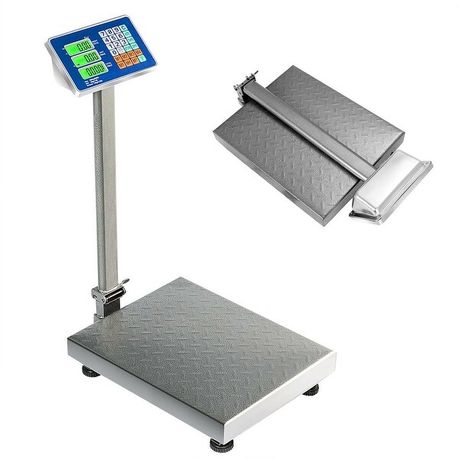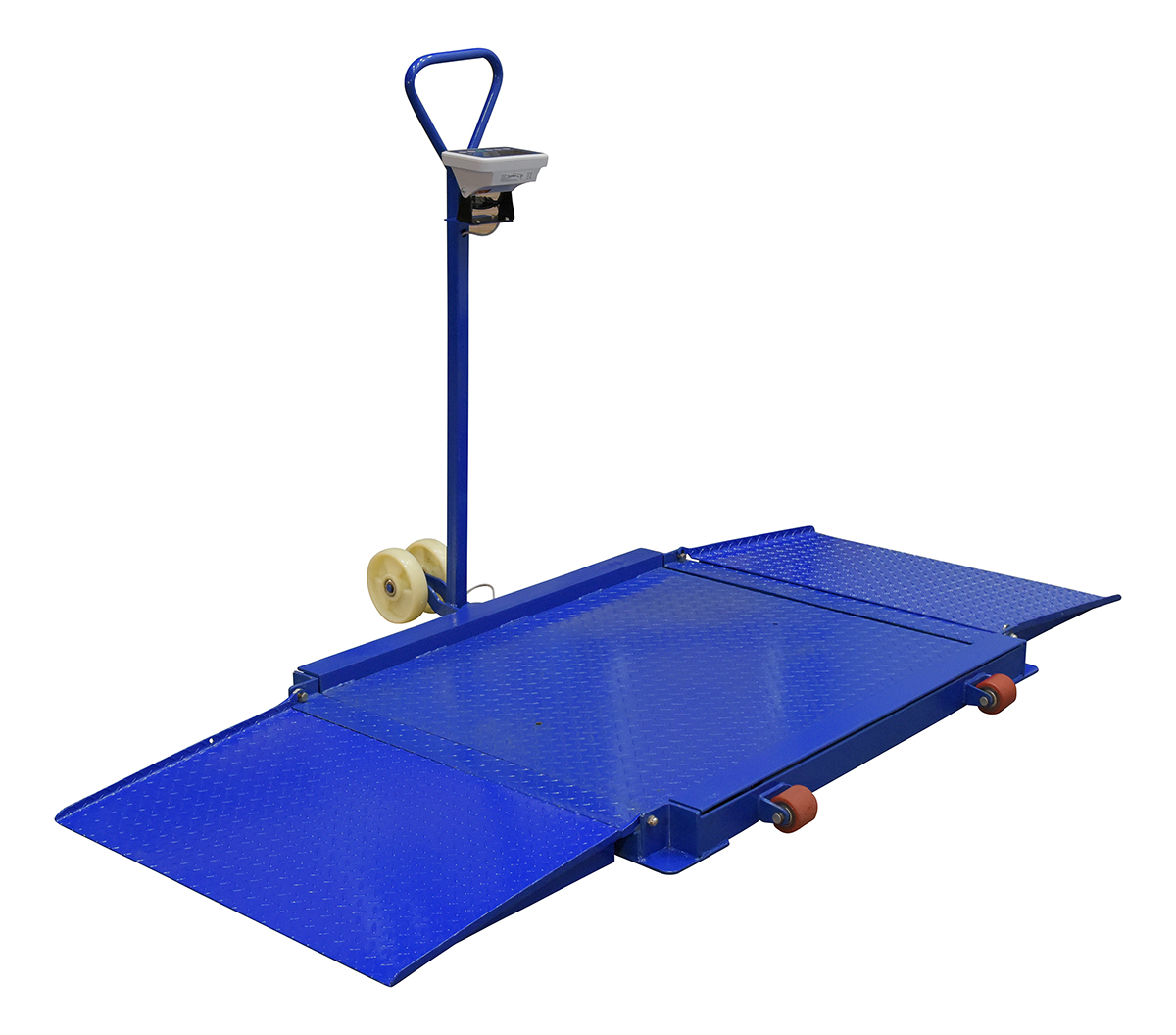Understanding the Different Types of Industrial Scales for Your Business
Understanding the Different Types of Industrial Scales for Your Business
Blog Article
Exactly How Commercial Scales Job: A Thorough Review for New Users
Understanding the mechanics behind industrial scales is essential for new individuals that intend to make certain precision in their dimensions. These tools depend on lots cells and strain gauge innovation to transform weight right into a quantifiable layout, yet the subtleties of their operation prolong beyond simple capability. From the different kinds offered to the vital methods for correct use and upkeep, each facet plays a significant duty in attaining reliable results. As we discover these parts, one need to think about exactly how these elements connect to boost efficiency in diverse industrial applications.
Fundamentals of Industrial Scales
Industrial scales are essential devices used across different sectors, including production, logistics, and farming, to make sure precise weight measurements of heavy loads. The basic concept behind commercial scales involves the conversion of weight into a quantifiable type that can be presented electronically or analogically. These scales use numerous mechanisms, such as lots cells or mechanical levers, to establish the weight of objects positioned upon them.

Along with their measurement abilities, industrial scales are designed to withstand harsh environments, including durable building and construction that stands up to dirt, wetness, and heavy impacts. Calibration and upkeep are essential to make certain accuracy, as even minor discrepancies can bring about substantial monetary ramifications. By comprehending the basics of industrial ranges, individuals can appreciate their significance in numerous commercial applications.
Sorts Of Industrial Scales
Various sorts of commercial scales provide to the varied requirements of various industries, each designed to manage specific considering jobs with accuracy and dependability. Amongst the most typical kinds are flooring ranges, which are suitable for weighing heavy and cumbersome products. These scales commonly feature large systems and can accommodate palletized products, making them important in stockrooms and shipping centers.
One more kind is bench scales, which are commonly used for smaller sized items in production and retail setups. They offer exact measurements for products that need accuracy, such as chemicals or components in assembly lines (Industrial Scales). For mobile procedures, mobile scales supply flexibility and convenience of transport, appropriate for fieldwork or temporary setups
Additionally, specialized scales like checkweighers are used in production lines to preserve high quality control by making certain that products meet weight specifications. Each type of industrial scale plays a crucial function in enhancing operational efficiency and accuracy throughout various sectors.
Exactly How Evaluating Systems Work
Evaluating devices are essential components that enable accurate measurement of mass across different commercial ranges. These devices make use of different principles of physics and engineering to provide specific weight readings, necessary for stock monitoring, quality assurance, and compliance with regulative standards.
One common kind of considering device is the lots cell, which runs on the principle of pressure evaluates. When a load is used, the tons cell deforms slightly, producing an electrical signal symmetrical to the weight. This signal is after that converted right into a readable weight dimension by the scale's electronics.
An additional commonly used device is the mechanical balance, which uses a system of levers and weights. Industrial Scales. This technique relies upon the concept of equilibrium, where the weight of the things being determined is balanced versus known weights, permitting for direct measurement
Additionally, pneumatically-driven and hydraulic scales utilize liquid dynamics concepts to determine weight. These systems make use of the pressure applied by a load to determine weight, providing high precision for substantial loads.
Appropriate Usage Strategies
When using commercial ranges, adhering to correct use methods is vital for ensuring precise dimensions and keeping equipment stability. Firstly, it is important to choose the ideal scale for your particular application, as scales differ in ability and accuracy.
Before evaluating, make sure that the range is positioned on a secure, degree surface area free from vibrations or disturbances. This will help to reduce errors triggered address by outside aspects. Furthermore, adjust the range according to the maker's specs before make use of, making sure that it is operating appropriately.
When positioning products on the scale, distribute the weight uniformly to prevent tipping or damaging the equipment. Always allow the range to maintain prior to taping the weight, as changes might happen during preliminary placement. For bulk products, make use of i was reading this containers that are proper for the range size to avoid overloading.
Additionally, avoid placing extremely warm or chilly things directly on the scale, as temperature level variants can impact accuracy. Maintain the evaluating platform totally free and clean of particles to stop contamination and guarantee reliable outcomes. By complying with these techniques, customers can maximize the efficiency and durability of their industrial ranges.
Maintenance and Calibration Tips
Making certain the durability and precision of industrial ranges requires attentive maintenance and normal calibration. A preventive upkeep schedule is crucial; it should consist of routine assessments to identify damage, particularly on tons cells and various other sensitive parts. Routinely cleansing the scale's surface and making sure the bordering location is cost-free from debris will aid keep its integrity and performance.
Calibration is just as essential and ought to be executed at regular intervals or whenever the scale experiences considerable adjustments in temperature, humidity, or physical displacement. Use qualified calibration weights that are deducible to national standards for accuracy. Paper each calibration session diligently to track performance gradually and determine any kind of fads or recurring issues.
Train all operators on correct range usage and maintenance protocols to make certain regular performance and accuracy. By sticking to these upkeep and calibration suggestions, users can enhance the integrity of their industrial scales, making certain optimum operation in any setup.
Final Thought

Recognizing my response the mechanics behind industrial ranges is essential for brand-new individuals who want to make sure precision in their dimensions.Industrial ranges are crucial tools utilized across various sectors, including manufacturing, logistics, and farming, to ensure accurate weight measurements of heavy loads. The fundamental principle behind commercial scales involves the conversion of weight right into a measurable type that can be shown electronically or analogically. By comprehending the fundamentals of commercial scales, individuals can appreciate their significance in various industrial applications.
In conclusion, understanding the operation and upkeep of commercial ranges is essential for guaranteeing precise weight measurements in various applications. (Industrial Scales)
Report this page